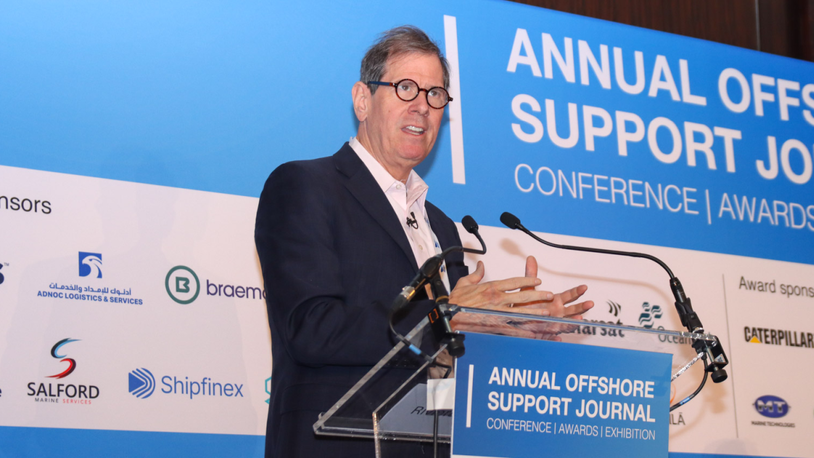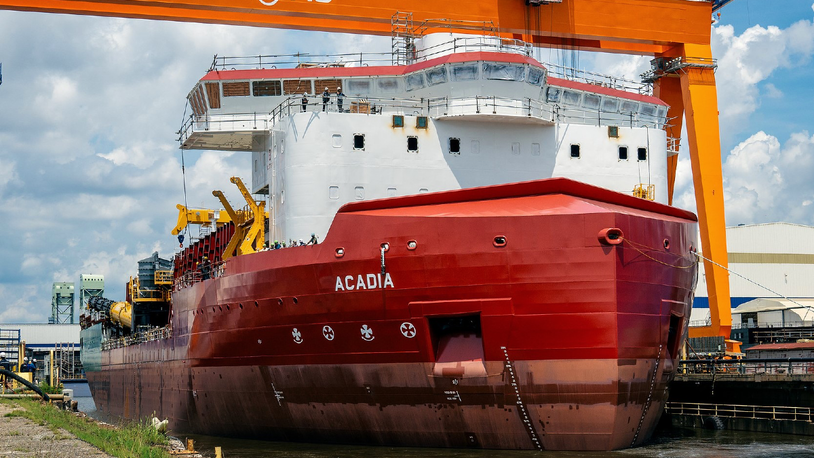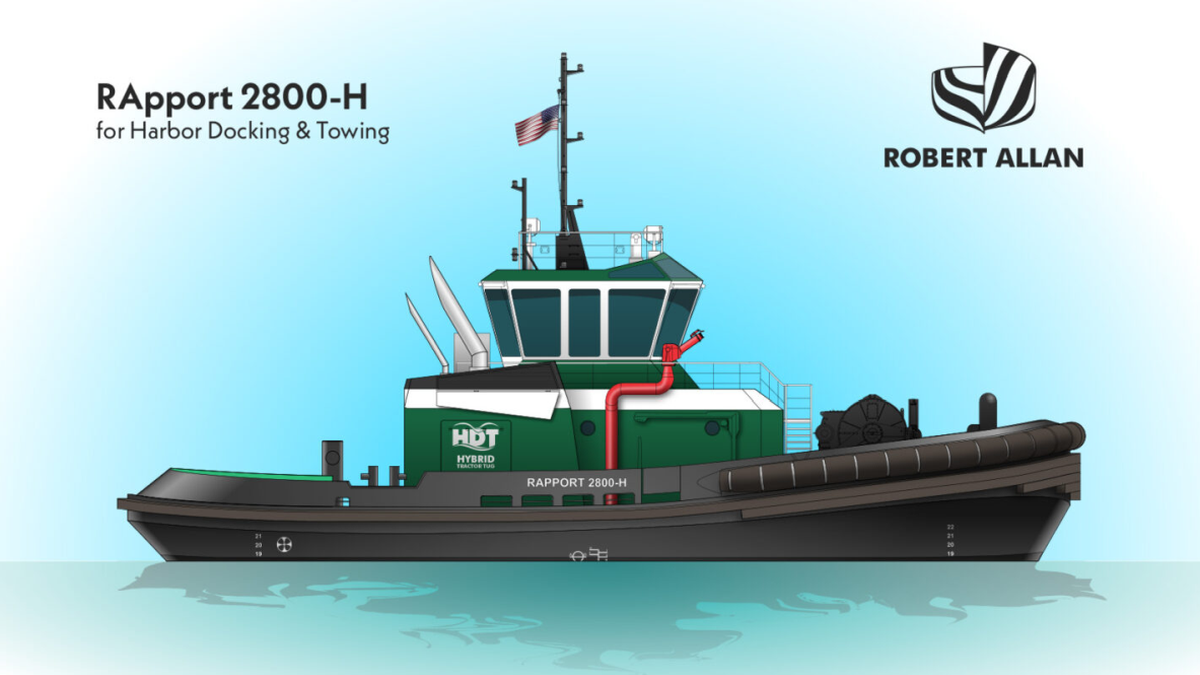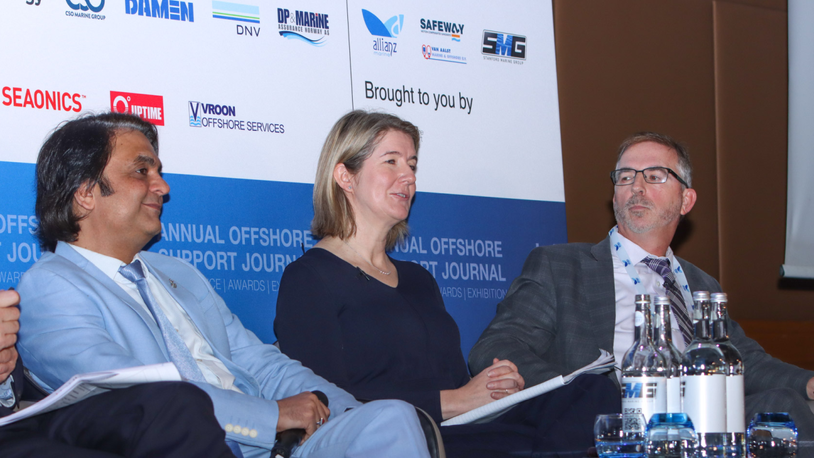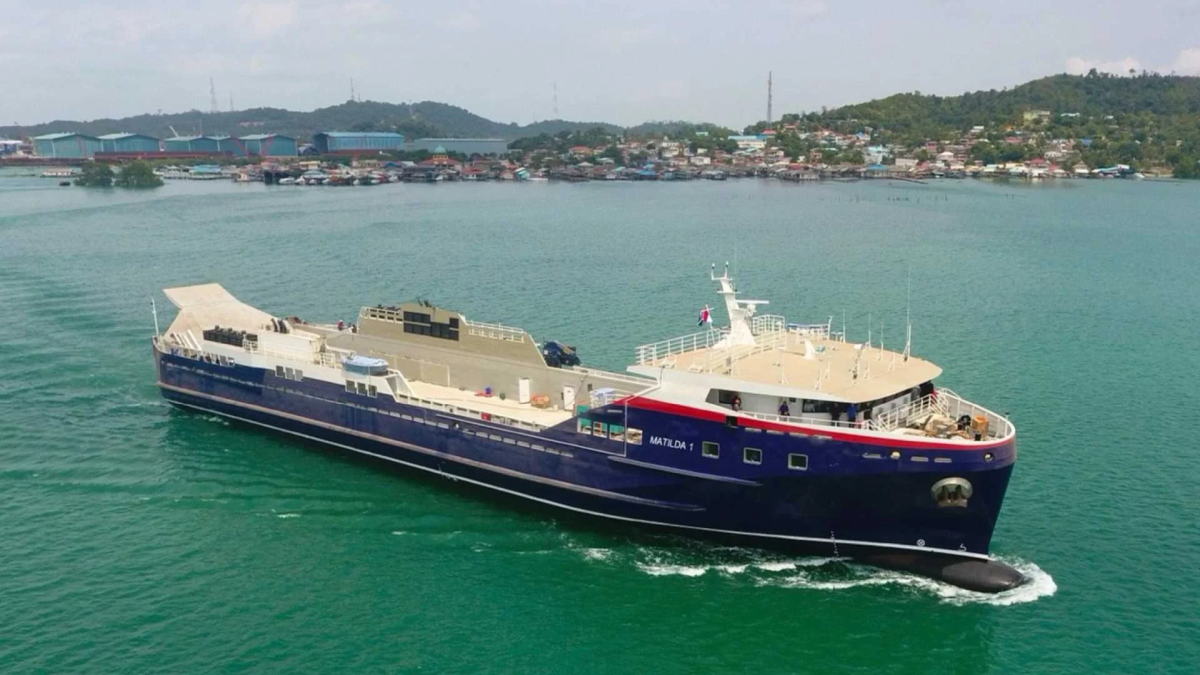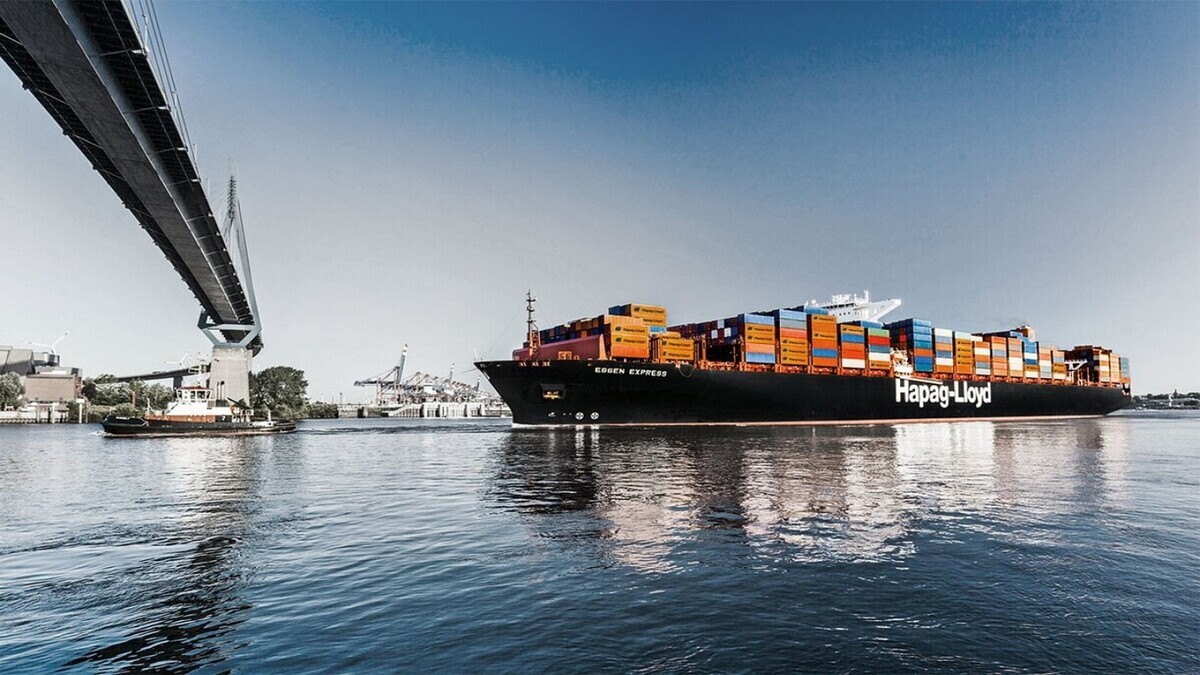Business Sectors
Events
Contents
Register to read more articles.
Regulatory limbo threatens maritime fuel source whose time has come
Significant insurance and regulatory changes are required this decade to enable the commercial deployment of nuclear power as a marine fuel
If successful, this could pave the way for potential usage by the early 2030s and provide a long-term solution to the scaleability and infrastructure challenges faced by other alternative fuels, according to a leading expert in legal and regulatory frameworks for emerging technologies and sustainable fuels in shipping.
"If nuclear is going to be an option, and the technology as well as the services are to be viable, industry needs a robust civil marine nuclear liability framework in place," says NorthStandard senior solicitor Sarah McCann. “Without a proper liability convention, nuclear-powered vessels are subject to national or regional legislation, leading to uncertainty and potentially prohibitive insurance costs.”
Ms McCann cites the whitepaper Advanced Maritime Nuclear: A Unique Opportunity for the UK (February 2025), authored by NorthStandard, Lloyd’s Register and Core Power, to highlight nuclear liabilities caused by ionising radiation are excluded from P&I insurance. This is significant, as the International Group of P&I Clubs, which insures approximately 90% of global oceangoing tonnage, excludes nuclear liabilities partly due to this regulatory gap.
Nuclear’s maritime regulatory framework also faces complex historical challenges. Long-standing international conventions like the Brussels Convention, adopted in 1962 but never ratified, have created significant liability uncertainties. The Brussels Convention was drafted based on the nuclear technology available at the time. It does not address subsequent advances in nuclear technology, such as advanced small modular reactors (A-SMRs) or Generation IV reactors, which are being developed for civil nuclear maritime applications, so would need to be updated to reflect these technological developments. "We need to be proactive and bring these issues to the attention of government. Steps need to be taken now, because resolving these issues is not going to happen overnight," Ms McCann emphasises.
Port access is another significant challenge for nuclear-powered vessels, as they have historically faced strict operational restrictions, explains Ms McCann.
Historically, nuclear ships have had to provide long notice before entering a port and were often barred from many ports altogether. For example, in the UK, advance notice of 12 months for the safety assessment and voyage plan of a nuclear-powered ship is currently required before the arrival of a nuclear ship in UK waters.
"That’s not going to be viable for commercial shipping."
There are grounds for optimism. The joint whitepaper emphasises certain A-SMRs are being specifically designed for civil merchant shipping. These designs incorporate features that minimise the Emergency Planning Zone and utilise inherent passive safety systems, making them ‘walk-away safe’ – a key requirement of commercial insurance.
Workforce development is another critical consideration as the industry contemplates multiple fuel transitions. "Beyond crew training, shoreside operational personnel must also be prepared for unprecedented complexity. In the future, within a single operational day, they may need to carry out cargo operations in port for several vessels, all powered by different alternative fuels – from biofuel, LNG, methanol and ammonia, to nuclear " Ms McCann says.
Referring back to the whitepaper, she quotes a series of specific near-term actions needed, including officially widening the Office for Nuclear Regulation’s mandate to include floating nuclear applications, leading revision of SOLAS Chapter VIII and the Nuclear Code, and advancing the much-needed global liability framework for nuclear-powered ships.
The report also recommends the UK government should play a leading role by facilitating dialogue between different governments and international organisations to update rules and regulations, providing educational campaigns about nuclear technology and offering incentives for investment in UK-based nuclear development.
"Success will come down to collaboration; making sure the right people are conversing, and sharing ideas, and coming at it from all the different angles – the clients’ side and the technical side," says Ms McCann.
"International regulatory co-operation will be essential. There is a role for established bodies like IMO, and the International Atomic Energy Agency in this as well as newer entities like NEMO [the Nuclear Energy Maritime Organisation, which was established in early 2024] to assist regulators in creating standards for nuclear energy in maritime environments."
Sign up for Riviera’s series of technical and operational webinars and conferences:
- Register to attend by visiting our events page.
- Watch recordings from all of our webinars in the webinar library.
Related to this Story
Events
Maritime Regulations Webinar Week
Floating energy: successfully unlocking stranded gas using FLNGs and FSRUs
© 2024 Riviera Maritime Media Ltd.



